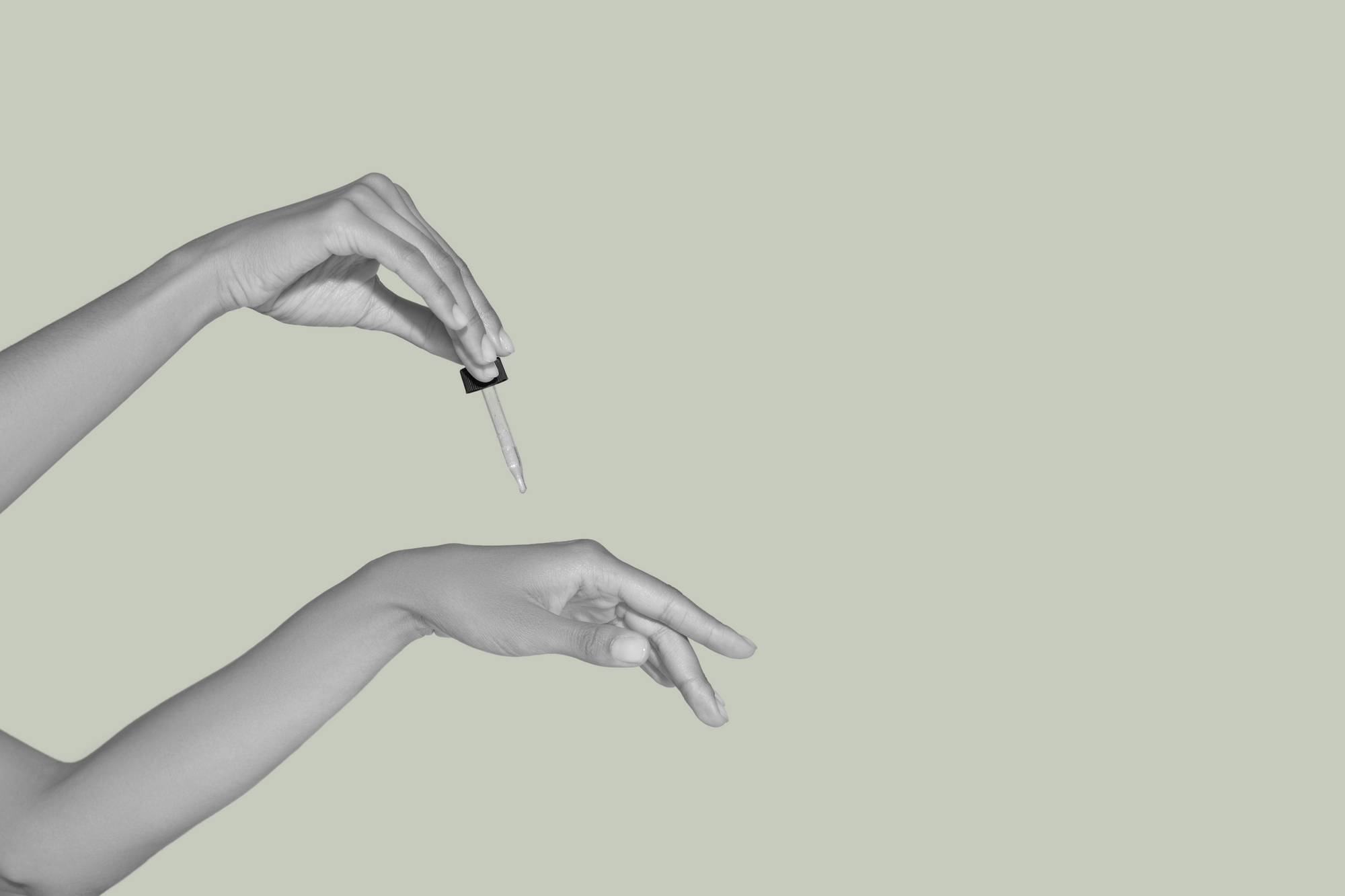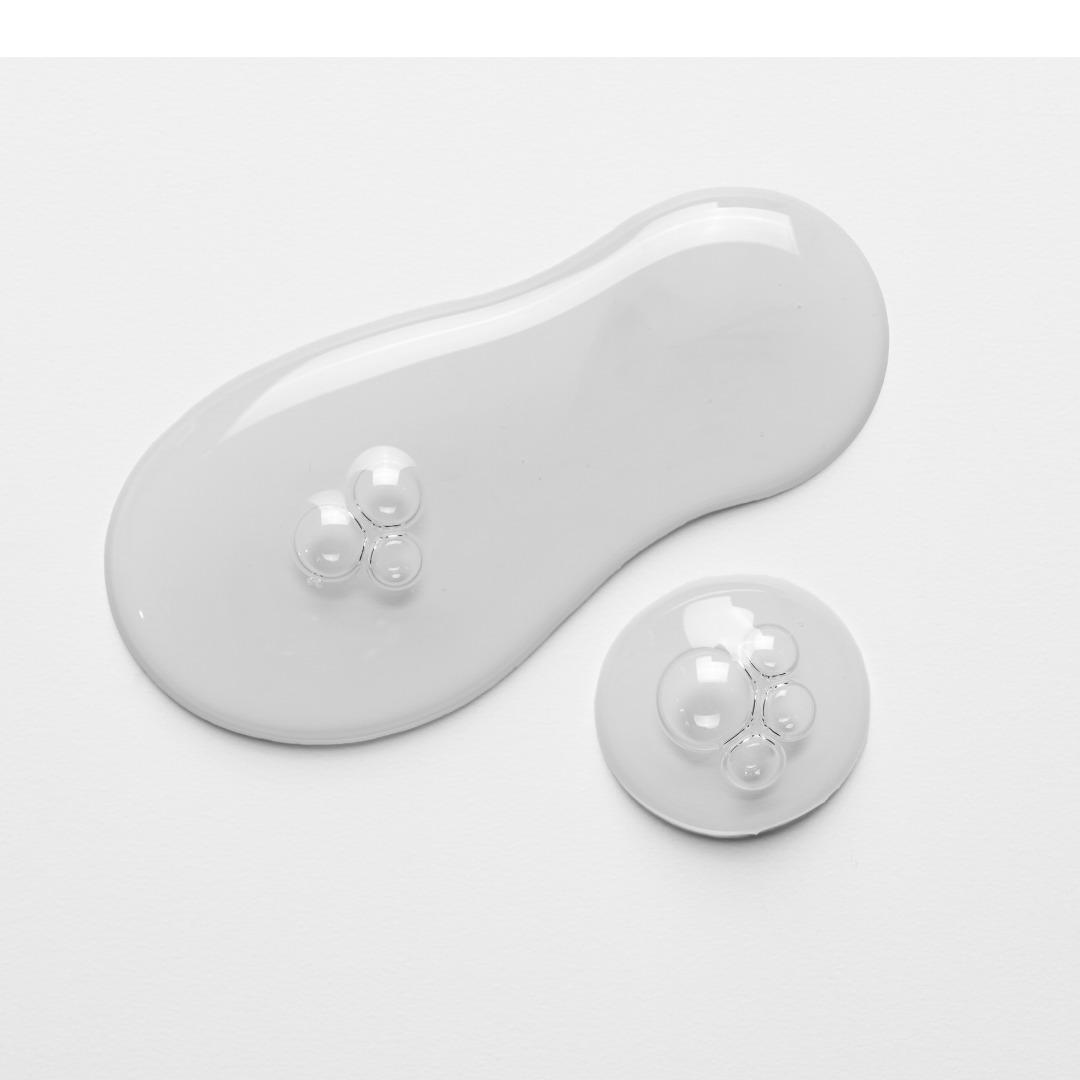the skin microbiome
secret to better skin

Unseen world on our skin
More the merrier
Like our gut, our skin & follicles are home to a trillion living microorganisms, an unseen world which keeps our skin barrier healthy and shapes our immune system. This teeming community accompanies us everywhere we go.
We have as many microbes in and on us as we do our own cells. Most of our skin microbes are helpful, happily co-existing with our skin cells. Just 1% are potentially harmful.
Our skin microbiome is unique, different from everyone else's on the planet. It's shaped before we are born, seeded during labour at birth, and then the environment we live in. It stays relatively stable, with us throughout our life.
This natural ecosystem of microorganisms is as diverse as a rainforest, essential to our wellbeing. The microbiome is akin to the life-force of the skin. The more strains that co-exist within it, the healthier & more radiant the skin's likely to be.

Health impacts of
Missing microbes
Human skin & gut microbiomes have changed over the last few decades as we've become increasingly urbanised, meaning less contact with the natural microbial world outdoors.
We're missing over 30% of our original skin microbe diversity (and the protective biomolecules they produce) in industrialised countries, compared to people living in traditional societies.
As a result, skin inflammatory disorders have significantly increased. For example, eczema rates have risen two to three-fold in recent decades, and research has confirmed that urban living away from nature increases the risk of eczema in children.
protecting & restoring
Skin biodiversity
The microbiome is extremely complex & science has yet to unravel how it functions. But we can still look after our skin diversity and health by:
- spending time in nature - studies show contact with plants & soil increases skin biodiversity (there's more microorganisms in one teaspoon of soil than there are people on the planet!).
- less is more - limiting the number of skincare products. Opt for fewer & better ingredients eg nourishing plant oils & skin-native ingredients like squalane instead.
- avoiding topical antibiotics or antiseptics on the skin unless really needed - they affect not just the number of microbes but their function, in ways that are not yet understood.
- eating unprocessed natural foods for a healthier gut/skin axis - eg just one apple contains hundreds of millions of probiotics.
- adding living probiotics to the skin.







